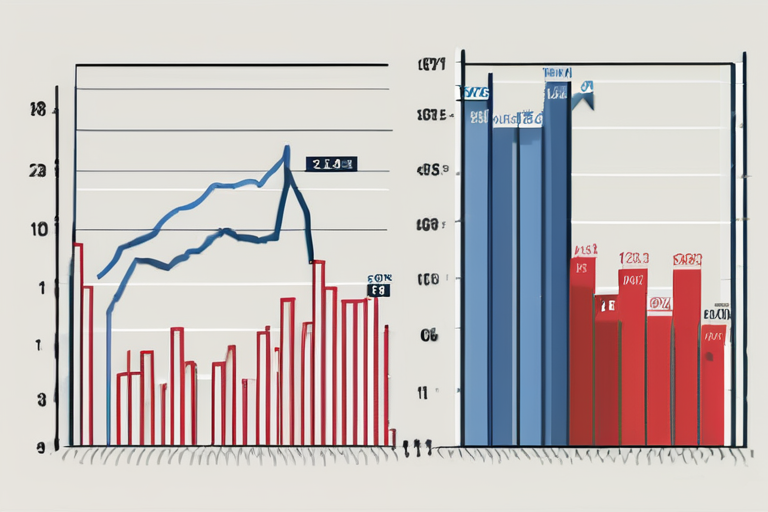ANZ Group Holdings Ltd. faced scathing criticism from McKinsey Co. after the consulting firm conducted a review of the Australian bank's culture and risk management practices. The review, which was commissioned by ANZ earlier this year, found that employees at the lender were reluctant to challenge and deliver bad news, a culture that McKinsey deemed as unacceptable.
According to the Australian Financial Review, McKinsey's report highlighted that ANZ's employees often failed to escalate issues to senior management, resulting in a lack of transparency and accountability within the organization. The report also noted that the bank's risk management practices were inadequate, leading to a higher risk of financial losses.
Financial details and metrics reveal that ANZ's shortcomings led the banking regulator to impose higher capital requirements on the lender. The bank's capital adequacy ratio, which measures its ability to absorb potential losses, was found to be below the regulatory threshold. As a result, ANZ was forced to increase its capital reserves to meet the regulatory requirements.
The market impact of McKinsey's report was significant, with ANZ's shares experiencing a decline in value following the release of the report. The bank's stock price fell by 2.5% on the day the report was made public, wiping out AU$1.3 billion from its market capitalization.
ANZ Group Holdings Ltd. is one of the largest banks in Australia, with a market capitalization of AU$120 billion. The bank operates in multiple countries, including Australia, New Zealand, and Asia. Despite its size and reach, ANZ has faced criticism in the past for its risk management practices and culture.
The implications of McKinsey's report are far-reaching, with potential consequences for ANZ's reputation and financial stability. The report's findings highlight the need for the bank to overhaul its culture and risk management practices to prevent similar shortcomings in the future. The Australian banking regulator has also taken note of the report's findings, with the possibility of further regulatory action against ANZ.
In terms of future outlook, ANZ has announced plans to implement the recommendations outlined in McKinsey's report. The bank has committed to improving its risk management practices and culture, including the establishment of a new risk management framework and the appointment of a chief risk officer. While the road to recovery will be long and challenging, ANZ's efforts to address its shortcomings are a step in the right direction.
The McKinsey report serves as a reminder of the importance of robust risk management practices and a culture of transparency and accountability within financial institutions. As the banking sector continues to evolve, the need for effective risk management and a strong culture will only become more pressing.



























Share & Engage Share
Share this article